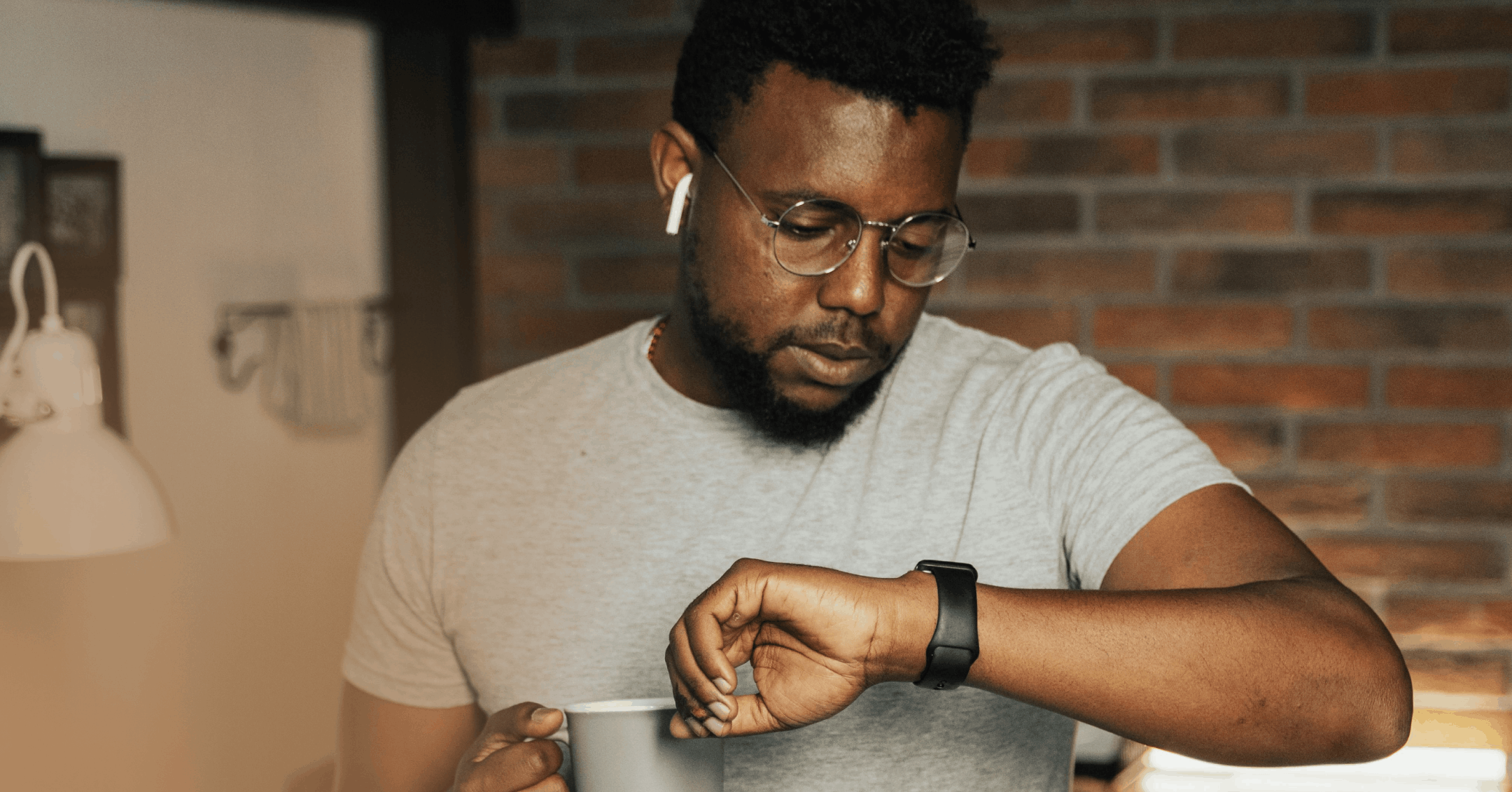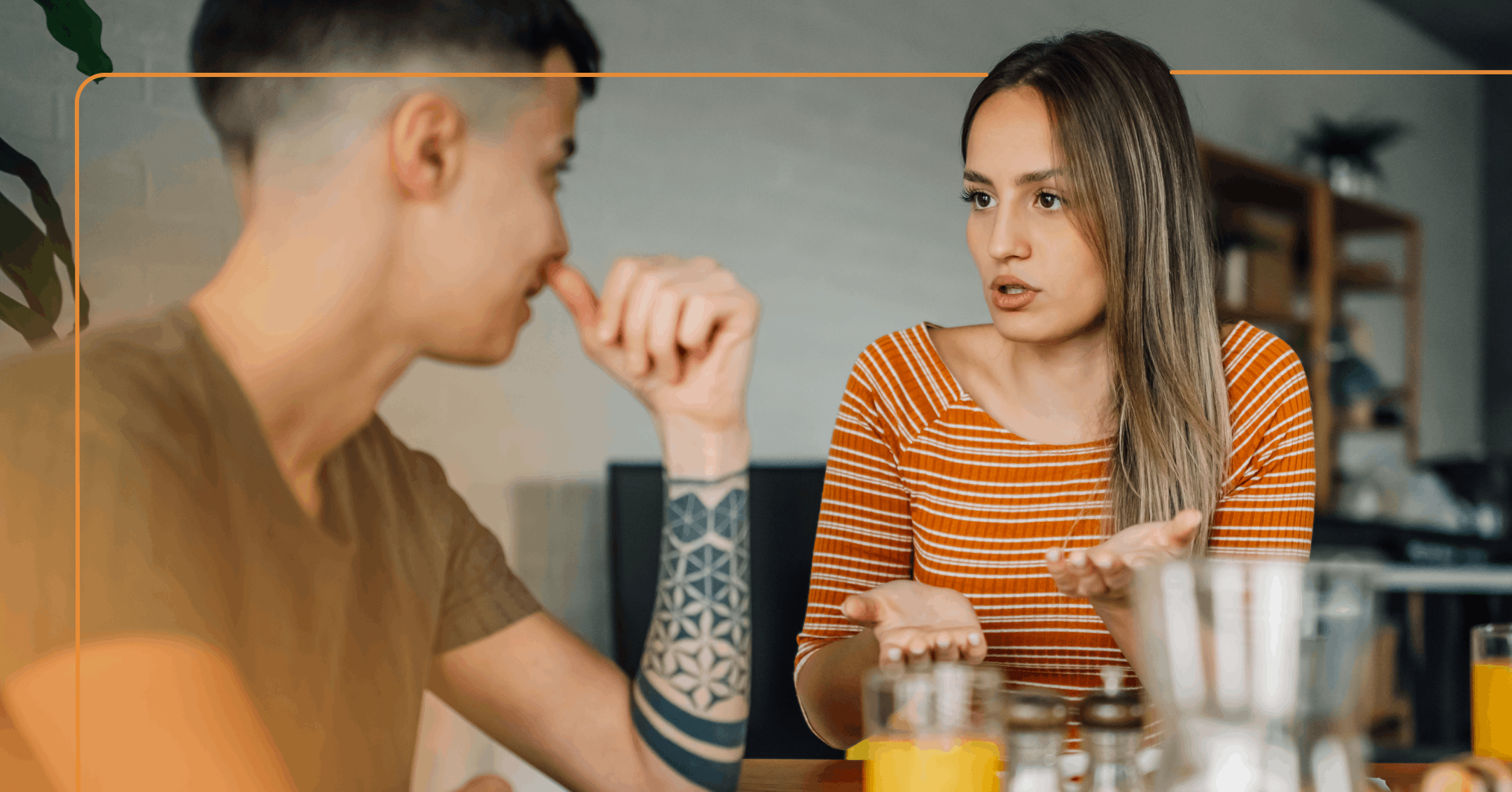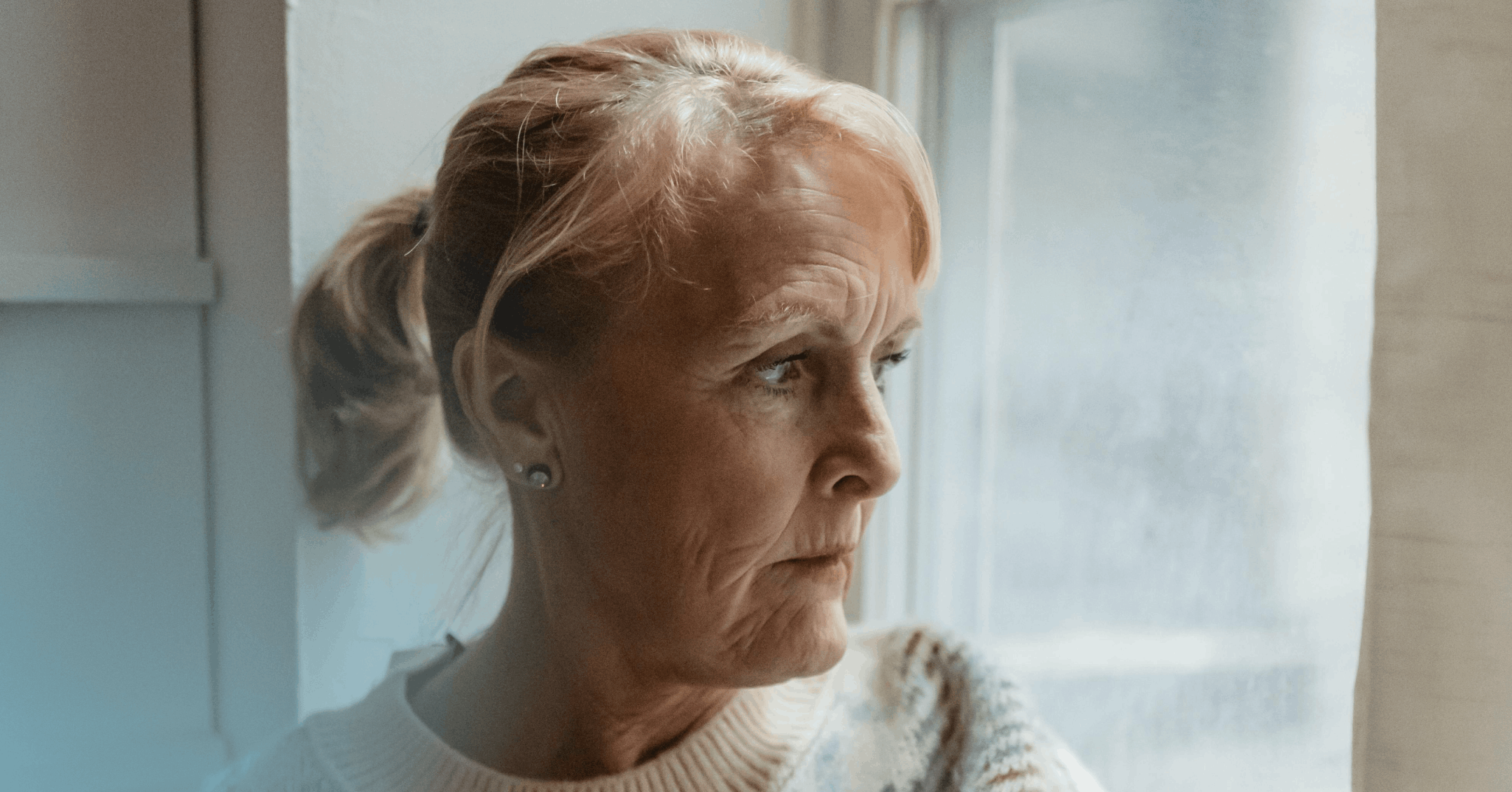Social anxiety disorder, also called social phobia, is a mental health condition that causes an intense fear of social situations and public interactions.
Having social anxiety is different from general shyness. Being shy can make social situations difficult, but it doesn’t impact daily life in the same way.
Social anxiety disorder is treated with talk therapy, medication, or a combination of both. Support groups and self-help strategies can also empower people to manage social anxiety symptoms.
Most people feel a bit nervous in certain social situations, like interviewing for a new job or meeting their partner’s parents for the first time. But for some people, even everyday activities, like visiting the grocery store, can cause their nerves to flare.
If this sounds familiar, know that you’re not alone. Around 15 million adults in the U.S. have social anxiety. This condition is characterized by an intense fear of situations where you might be embarrassed, judged, or rejected.
What is social anxiety?
Social anxiety disorder, also called social phobia, is a mental health condition that causes an intense fear of social situations and public interactions. People with social anxiety have a persistent and overwhelming fear of being judged, scrutinized, or embarrassed in public.
When unmanaged, social anxiety can affect your job, relationships, academic performance, and ability to complete daily tasks. For example, someone with social anxiety might avoid grabbing dinner with friends because they’re afraid that they’ll have food stuck in their teeth or their hands will shake when picking up their glass. Or they may miss out on a promotion because they’re too nervous to speak up during meetings.
General shyness vs. social anxiety
Shyness is a personality trait, while social anxiety is a mental health condition. People who are shy may be quiet around others and hesitant to try new things. Being shy can make social situations difficult, but it doesn’t affect daily life in the same way that social anxiety can.
Here are a few questions to help you determine whether your shyness might actually be social anxiety:
How intense is your fear and anxiety about social and public situations?
How much does it interfere with your day-to-day life?
How far will you go to avoid certain situations?
The care you need, when you need it
Learn how Rula can support your mental health journey
Recognizing the signs and symptoms of social anxiety
Social anxiety symptoms vary in severity and affect everyone differently. Social anxiety disorder can cause a wide range of physical, emotional, and behavioral symptoms, in addition to overwhelming anxiety and distress in social settings.
Physical symptoms:
Excessive sweating
Trembling
Rapid heartbeat
Blushing
Muscle tension
Dizziness or lightheadedness
Upset stomach
Feeling like your mind has “gone blank”
Rigid posture
Emotional symptoms:
Excessive self-consciousness or anxiety in everyday social situations
Feeling embarrassed or awkward in front of other people
Fear that others will notice that you’re nervous
Behavioral symptoms:
Missing school, work, or social activities due to anxiety
Feeling like you need to consume alcohol or other substances to help you handle social situations
Avoiding places where there are other people
Finding it difficult to talk, make eye contact, or even just be around people you don’t know
Dig deeper:
What causes social anxiety?
Similar to other mental health conditions, several factors may increase a person’s risk of developing social anxiety disorder.
Genetics: People may be more likely to develop social anxiety disorder if they have a family history of the condition.
Environmental influences: Another theory states that a person’s risk of developing social anxiety disorder increases with certain environmental factors. For example, having parents who were critical, abusive, anxious, or overprotective can lead to social anxiety later in life.
Temperament: Children who are shy, timid, or uncomfortable with new situations and unfamiliar people may be at greater risk for social anxiety. Research shows that children who exhibit this type of behavior as a toddler are more likely to develop social anxiety disorder later in life.
Four strategies to overcome social anxiety
If you’re experiencing social anxiety, the best thing to do is meet with a mental health professional. Left unmanaged, social anxiety disorder can affect your education, employment, relationships, and overall quality of life. Research also links social anxiety to increased risk of suicidal ideation, financial issues, and low self-esteem.
More than one-third of people with social anxiety don’t get help until they’ve had symptoms for at least 10 years. But access to telehealth services now makes it easier than ever to learn how to manage your symptoms and overcome social anxiety. There are four main steps you can take to help you move toward healing.
1. Receive an official diagnosis
There’s no medical test to diagnose social anxiety disorder, so learning more about your symptoms, family history, and other health conditions is the first step in accessing care. To be diagnosed with social anxiety, you must experience persistent fear, anxiety, or avoidance of social or performance situations. These symptoms typically last six or more months. To receive a diagnosis, your symptoms can’t be due to any other conditions, and they must be severe enough to significantly impact your life.
2. Seek professional mental health treatment
Social anxiety disorder is usually treated with talk therapy, medication, or a combination of both. Cognitive behavioral therapy (CBT) is a first-choice treatment for social anxiety because it helps people understand how their thoughts, feelings, and behaviors contribute to their fears and distress. In CBT, people learn communication skills, problem-solving techniques, and relaxation exercises to help them feel more comfortable and confident around others.
Exposure therapy is another type of talk therapy that can help people overcome fear and anxiety associated with social situations. With exposure therapy, a mental health professional will help you create treatment goals. Then, they’ll slowly expose you to your fears in a safe and controlled environment. You may also use role playing and public speaking techniques to help you build resilience and reduce your symptoms.
According to the National Institute of Mental Health (NIMH), medication can be helpful for treating social anxiety. If you’re interested in adding medication to your treatment plan, it’s important to discuss your specific symptoms and goals with a psychiatrist.
3. Consider support groups
Although people with social anxiety tend to avoid gatherings and group events, support groups can be an effective way to help you manage your symptoms. Whether in person or online, support groups offer a safe space for people to share experiences and concerns, gain insight and advice, and support others facing similar challenges.
4. Try self-help strategies
In addition to talk therapy and medication management, self-help strategies can empower people to manage their social anxiety symptoms.
Make sleep a priority. Getting enough sleep plays a big role in mental well-being, so try to create healthy sleep habits to ensure adequate sleep. This may include waking up and going to sleep at the same time each day and limiting screen time before bed.
Use mindfulness and relaxation techniques. Mindfulness meditation can help people with social anxiety reduce anxiety and rumination while increasing their self-esteem. Some examples of mindfulness activities include sitting meditations, breathing exercises, body scanning, and yoga.
Try journaling. Keeping a journal is a simple way to express your emotions, understand your triggers, and reflect on healthy and effective coping strategies. If you’re new to journaling, start with a daily gratitude entry: Each day, document three things that you’re grateful for.
Avoid certain substances. Another tip for managing social anxiety is to limit substances that can contribute to anxiety, like alcohol, nicotine, caffeine, and other substances.
Find help with Rula
If social anxiety is holding you back, it may be time to meet with a mental health professional. They’re trained to listen to your story, answer your questions, and work with you to prioritize your mental and emotional well-being.
Rula makes it easy to find a therapist who can help you manage symptoms and overcome social anxiety or any other mental health challenge you may be facing. In just a few seconds, we can connect you with a provider who accepts your insurance and is taking new clients. If necessary, we can also refer you to a psychiatrist for medication management.
Find therapists who specialize in social anxiety near you
New York – Texas – California – Georgia – Illinois – Hawaii – Indiana – Virginia – North Carolina – Pennsylvania – Find your location
Rula's editorial process
Rula's editorial team is on a mission to make science-backed mental health insights accessible and practical for every person seeking to better understand or improve mental wellness.
Members of Rula’s clinical leadership team and other expert providers contribute to all published content, offering guidance on themes and insights based on their firsthand experience in the field. Every piece of content is thoroughly reviewed by a clinician before publishing.




